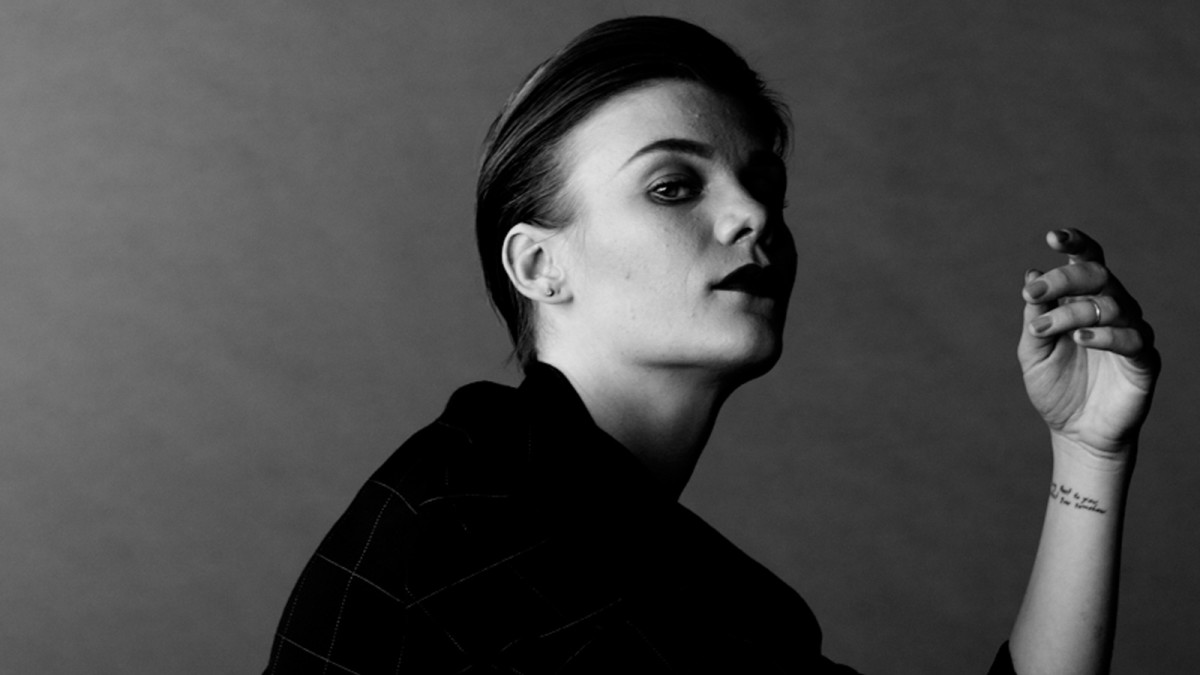Trixie Whitley

For Trixie Whitley, her sophomore release represents an introspective expedition into the depths of her creative identity. Porta Bohemica cribs its name from a defunct European railroad: its songs wind through landscapes of absolute subconscious that she learned to trust by largely self-producing the album. “The metaphor of an old train line feeds something in my imagination. I related to that sense of travel when making this record. It involved letting go of my past to embrace my individuality as a young woman and as an artist” the Brooklyn-based musician says.
From a very young age, Trixie Whitely nurtured a singular creative spirit, springing from her restless inner directive. At the ripe age of three, she made her onstage debut alongside her father, the internationally acclaimed singer-songwriter Chris Whitley. Never resting on her lineage, Trixie set out to craft a unique personal and artistic identity. She started playing drums when she was 10, at age 11, she became the youngest resident DJ in Belgium spinning underground electronica, free jazz, ambient instrumentals, and hip-hop at raves and modern art museums. And by her early teens she was touring with several avant-garde theater and dance collectives throughout Europe (including Les Ballets C de la B, with Sidi Larbi Cherkaoui).
Throughout all of this, she developed an affinity for punk rock’s nonconformist and D.I.Y. ethics that permeated her fearless genre bending and daring life choices. After a nomadic transatlantic existence, living between New York and Belgium, she quit high school at age 17 and took a job slinging burgers at a dive while steadily advancing her music career. One of her early efforts impressed the iconic producer Daniel Lanois (Bob Dylan, Neil Young, Emmylou Harris). He enlisted her to front his own band, Black Dub, with modern jazz drummer Brian Blade and legendary New Orleans bassist Daryl Johnson.
Since 2013, Trixie has emerged as a compelling solo artist with three EPs and one full-length in her catalog. Fourth Corner, her full-length debut, garnered acclaim from MOJO, Interview, ELLE, Vogue, Relix, The Village Voice, NPR and The New York Times, among many other publications. Through it’s success, she’s toured internationally and earned three nominations, as well as a win for Best Female Artist at the 2013 Belgium Music Industry Awards (MIAs).
Trixie’s prismatic artistry reflects electronica, R&B, the vulnerable ethos of singer-songwriters, and the unapologetic individuality of punk rock. Although her previous effort reflects her broad tastes, it is with her latest that Trixie creates a transcendent musical miscellany. It even took chucking an earlier version of the record and starting over to achieve the meaning and mastery displayed in Porta Bohemica. “I wanted to make people think and feel something honest and emotionally complex in my music–that comes from being fully present in the creative moment.”
Porta Bohemica was a two-year odyssey that profoundly changed the artist. “I embraced many realizations making this record. Intuition and vulnerability ” Whitley says, “are some of the most underestimated powers that we have.”
“Once you let go of your fears, you can face your potential and there is an endless palette of possibilities to explore. This is just the beginning, and I feel a lot of excitement and optimism about what’s to come.“